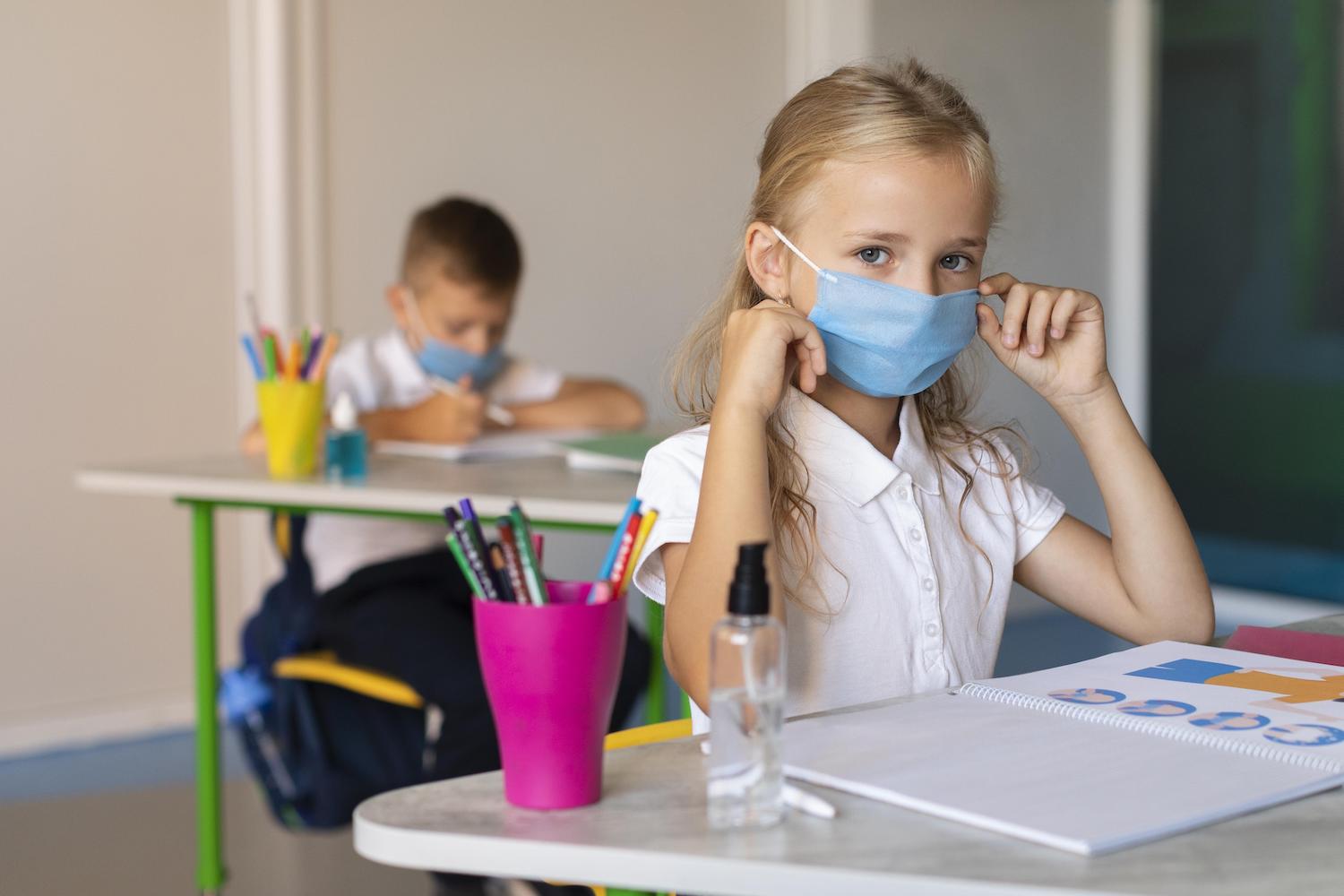 We Offer FreePrescription Refills & Transfers
We Offer FreePrescription Refills & Transfers


What is Covid 19
Covid 19 is a novel coronavirus that was first identified in 2019. It is similar to SARS-CoV, the virus that caused the 2002-2004 SARS pandemic. As of June 2019, only a limited number of cases have been identified in people in the Middle East, all of whom have since recovered.
The symptoms of Covid 19 are similar to those of other respiratory viruses, such as the common cold or influenza. They include fever, coughing, and difficulty breathing. However, Covid 19 can also cause more severe respiratory illness, including pneumonia and bronchitis. In some cases, it can even lead to death.
There is no specific treatment for Covid 19, but the virus can be treated with supportive care. This means providing relief from the symptoms and supporting the respiratory system.
How does Covid affect children
As the Covid-19 pandemic continues, children are increasingly affected both physically and mentally. The virus has led to a rise in infection rates among children, as well as increased anxiety and stress levels.
Covid-19 is a respiratory illness that can cause severe symptoms in young children. In some cases, it can even lead to death. The virus is particularly dangerous for infants and toddlers, who have weaker immune systems and are more susceptible to serious illness.
While the majority of children who contract Covid-19 will experience only mild symptoms, the virus can still have a significant impact on their health. In addition to the risk of developing serious respiratory problems, Covid-19 can also lead to neurological damage, heart problems, and other long-term health issues.
Mental health is also a concern for children during the pandemic. Children who survive the virus may develop post-traumatic stress disorder (PTSD) as a result of their experience.
Although many children have been infected with Covid-19, the impact on childhood mortality has been minimal.
Children and youth at higher risk
Children and young people with underlying medical conditions that put them in higher danger for severe COVID-19 illness should ensure that they’re up-to-date on their vaccines. Conditions that may put children at higher risk for serious COVID-19 illness include obesity, neurological disorders, asthma, down syndrome, immunocompromising conditions, or conditions that require a lot of medical care.
Children dealing with a number of chronic medical conditions are additionally predisposed to exposure to severe COVID-19. If you are unsure if your kid is related to an increased risk of severe scenarios due to an underlying health condition, ask a healthcare provider.
Can Children be vaccinated against Covid-19
As a parent or guardian, you want what is best for your child. It’s common to ask questions about COVID-19 vaccination before making a choice. If you need more information, or have any additional questions, consult with a health care professional. You can also find information on your provincial, territorial, or local health department’s website.
Vaccines are a great way to help boost your child’s chances of fighting an illness due to COVID-19. They work together with your child’s natural immune system to develop protection. The COVID-19 vaccine helps make your child’s immune system produce antibodies and memory cells. This allows your child’s body to recognize the virus and rapidly respond to protect against a serious case of the disease.
Children aged six months through seventeen years can receive the COVID-19 vaccine. Only mRNA vaccines are approved for use by children of this age. The dose size of the COVID-19 vaccine varies according to a child’s age.
You can download an overview of the complete fact about vaccinating your child at https://www.canada.ca/content/dam/phac-aspc/documents/services/publications/diseases-conditions/covid-19-get-facts-vaccinating-children/covid-19-get-facts-vaccinating-children.pdf
Vaccine Side effect
Side effects are a common trade-off as you react to a vaccination. Side effects for children and adults are similar. Some people will have no side effects while some may experience some form of reaction. Reactions are typically mild and go away by themselves over time or become completely absent. The ingredients in the vaccine for COVID-19 are no longer present in the body a few days after receiving it. Only the antibody remains for roughly one month.
Should I send my children to school
As the Covid-19 pandemic continues, many parents are left wondering if they should send their children to school. While there are pros and cons to both sides, it is ultimately up to the parent to decide what is best for their child.
Sending your child to school has its benefits. They will be able to socialize with other children their age and learn from qualified teachers. They will also have access to resources that they may not have at home, such as computers and library books.
However, there are also risks associated with sending your child to school. They may be exposed to the virus if another student or teacher is infected. There is also the possibility that schools could close again if the number of cases in the area increases.
If you have any question, please contact our pharmacists at Pharmaviva Pharmacy at 905-680-7077
 We Offer FreePrescription Refills & Transfers
We Offer FreePrescription Refills & Transfers

